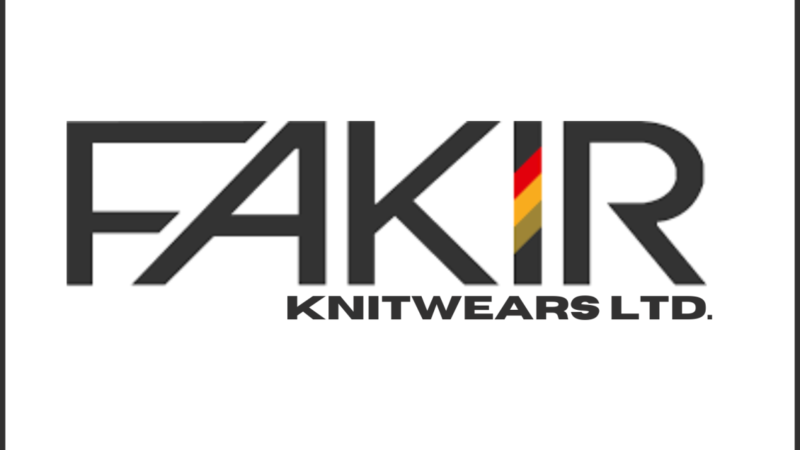Understanding Insurance: Your Shield Against Life’s Uncertainties
Insurance is a financial contract between an individual or entity (the insured) and an insurance company (the insurer). It is a risk management tool designed to protect against potential financial losses arising from unforeseen events. In exchange for a regular payment known as a premium, the insurer agrees to compensate the insured for covered losses.
Types of Insurance
Insurance covers a wide range of risks. Common types includes:
- Life Insurance: Provides financial protection for beneficiaries upon the insured’s death.
- Health Insurance: Covers medical expenses incurred due to illness or injury.
- Auto Insurance: Protects various risks faced by businesses, including property damage, liability, and income loss.
- Disability Insurance: Provides income replacement in case of a disabling injury or illness.
How Insurance Works
The insurance process typically involves the following steps:
- Risk Assessment: The insurer evaluates the potential risks associated with the insured.
- Premium Calculation: Based on the assessed risk, the insurer determines the premium amount.
- Policy Issuance: Once the premium is paid, the insurer issues an insurance policy outlining the terms and coverage.
- Claim Filing: In case of a covered loss, the insured files a claim with the insurer.
- Loss Assessment: The insurer investigates the claim and determines the amount of compensation.
- Claim Settlement: The insurer pays the agreed-upon amount to the insured.
Importance of Insurance
Insurance plays a crucial role in financial security. It provides peace of mind by safeguarding against unexpected expenses. By transferring the risk of financial loss to the insurer, individuals and businesses can protect their assets and future.
Factors Affecting Insurance Premiums
Several factors influence insurance premiums, including:
- Age: Older individuals generally pay higher premiums for life and health insurance.
- Health: Pre-existing conditions and lifestyle habits impact health insurance premiums.
- Driving Record: Traffic violations and accidents affect auto insurance premiums.
- Location: Geographic location influences premiums for home, auto, and business insurance.
- Coverage Amount: Higher coverage amounts generally result in higher premiums.
- Deductible: A higher deductible typically lowers the premium.
It’s important to carefully consider your insurance needs and compare policies from different providers to find the best coverage at an affordable price.
Insurance Fraud: A Threat to Consumers and the Industry
Insurance fraud is a deliberate deception committed to obtain an illegitimate financial gain within the insurance process. It can involve policyholders, insurance agents, adjusters, or even the insurance company itself. This criminal activity inflates insurance premiums for honest policyholders and erodes the trust in the insurance industry.
Types of Insurance Fraud
Insurance fraud can take various forms:
- Hard fraud: This involves deliberately staging or causing a loss, such as faking a car accident or burning down a property.
- Soft fraud: This includes exaggerating a legitimate claim or providing false information to obtain a larger settlement.
- Premium fraud: This occurs when individuals or agents fail to pay premiums or misrepresent information to obtain lower rates.
Impact of Insurance Fraud
Insurance fraud has far-reaching consequences:
- Increased premiums: The costs of fraudulent claims are passed on to honest policyholders in the form of higher premiums.
- Economic loss: Insurance fraud results in billions of dollars in losses for the insurance industry each year.
- Erosion of trust: Fraudulent activities damage the public’s trust in the insurance industry.
- Legal penalties: Individuals convicted of insurance fraud face severe penalties, including fines and imprisonment.
Prevention and Detection
To combat insurance fraud, the insurance industry employs various measures:
- Fraud investigation units: Insurance companies have dedicated teams to investigate suspicious claims.
- Data analytics: Advanced data analysis techniques help identify patterns of fraudulent activity.
- Industry collaboration: Insurance companies share information to detect fraud across the industry.
- Consumer education: Raising awareness about insurance fraud helps prevent consumers from becoming victims.
By understanding the different types of insurance fraud and the measures taken to combat it, individuals can protect themselves and contribute to a fair insurance marketplace.





